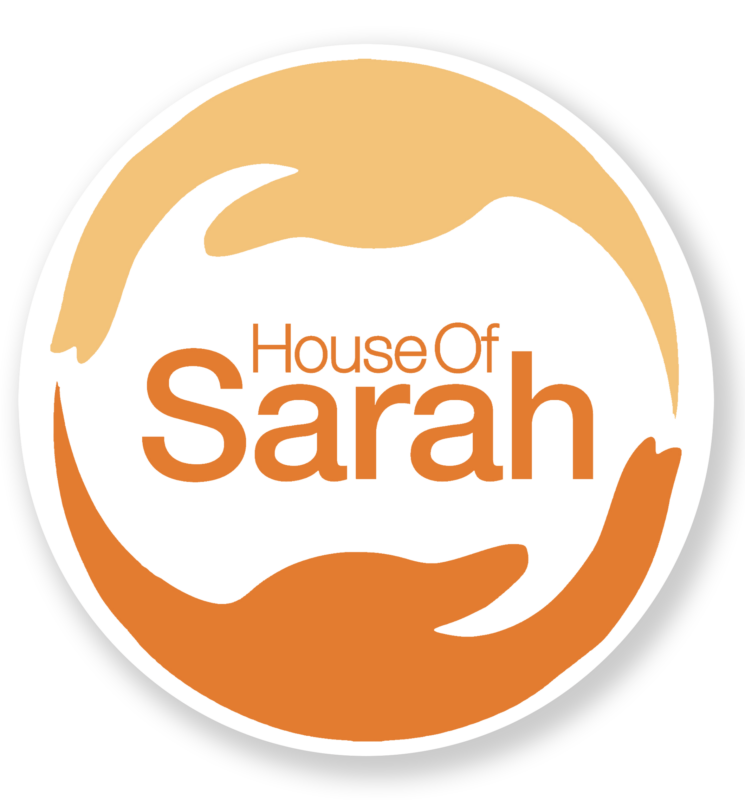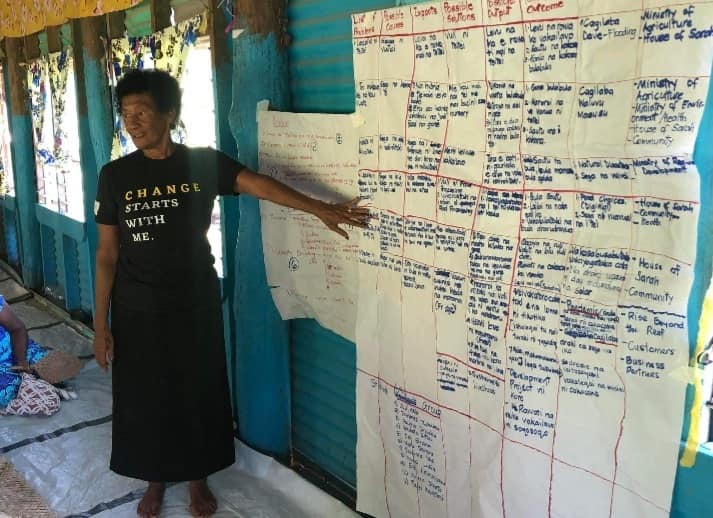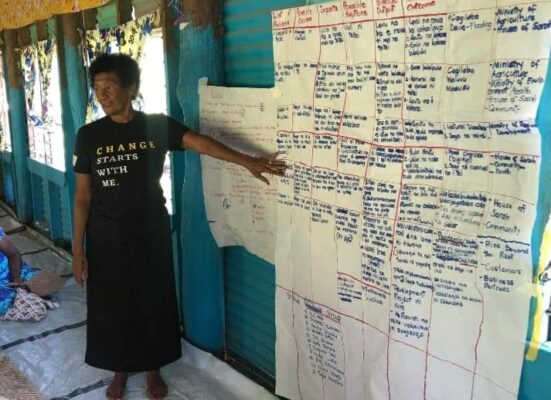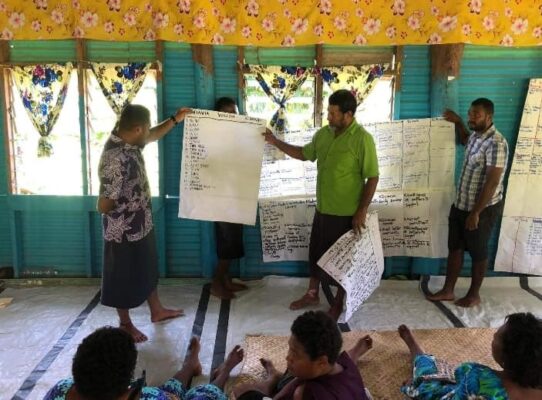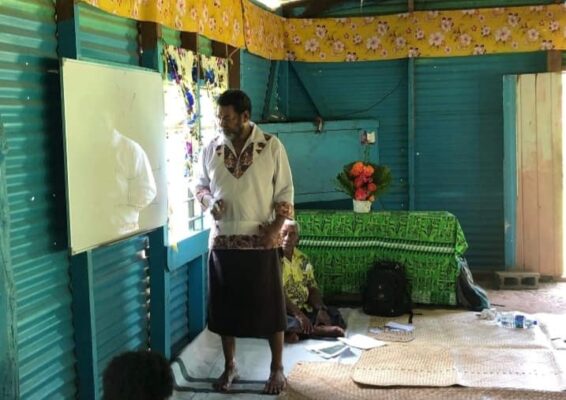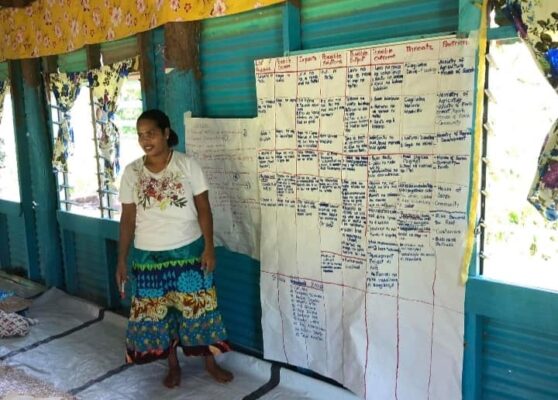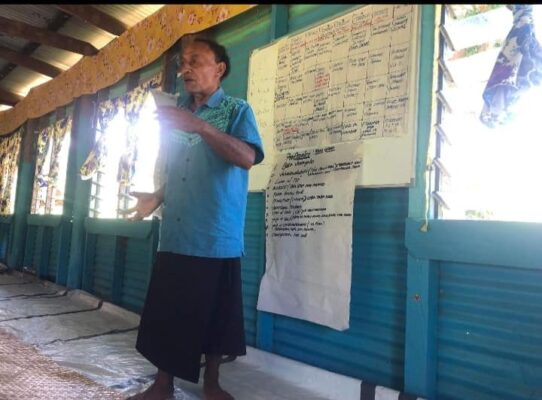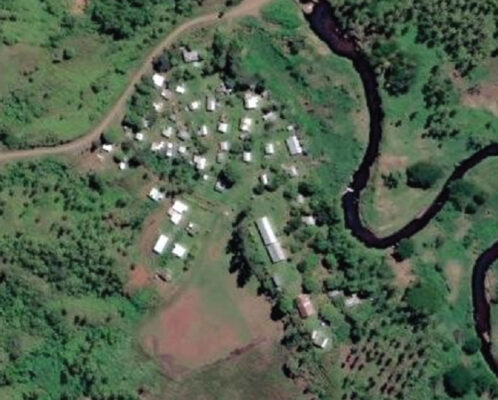St Paul’s AAW Food Security & Livelihood Project : UNDP Governance for Resilience Development in the Pacific Project (GOV4RES)
Naviavia Village, located in the district of Wailevu in the province of Cakaudrove in Fiji, is home to approximately 100 descendants of Solomon islanders who came to Fiji as agricultural labourers. They live on a 300-acre piece of land given by the Anglican Church of Fiji. The main source of income for the community is selling marine products and copra. Access to Government programmes to expand or develop new livelihood opportunities have been limited.
The supply of food and nutritional balance of meals are major challenges for the community. With limited food produced by the community, it relies on food sourced from shops and urban centers outside the village or district.
The project is consistent with the Village Development Plan. It is also consistent with the following sections of Fiji’s 5-Year and 20-Year National Development Plan 2021-2036 (NDP):
- 1.4 on Food and Nutrition Security
- 1.9 on Women in Development
- 2.12 on Non-Sugar Agriculture
- 2.13 on Fisheries
The NDP promotes nutrition sensitive agricultural farming within the scope of climate smart agricultural practices, the economic empowerment of rural women, strengthening education and awareness on NCDs and building community resilience to mitigate and adapt to the impact of climate change and natural disasters.
At the initial stage of project implementation, the project will mobilize and build the community capacity to reach a state of readiness to participate in the investment activities of the project namely the installation of the solar system and the activities on increased family food production and better nutrition. Community mobilisation is designed to build the capacity of households and communities to take action to improve their current situation with respect to decision making for household food production and access to solar power. Activities in the capacity building process are based on participatory planning and action approaches and household methodologies that will be carried out under the direction of the HoS. The outputs of will be community members, including young women and young men, from 100 households in the community. Through the community consultation process they will acquire experience in re-validation of community problems, constraints and opportunities, identification of related solutions and challenges, ranking of their priorities and then taking of actions that lead to better food and nutrition and access to clean water. Following the community consultation process, they will be in a better position to formulate the Community Development Plan.
